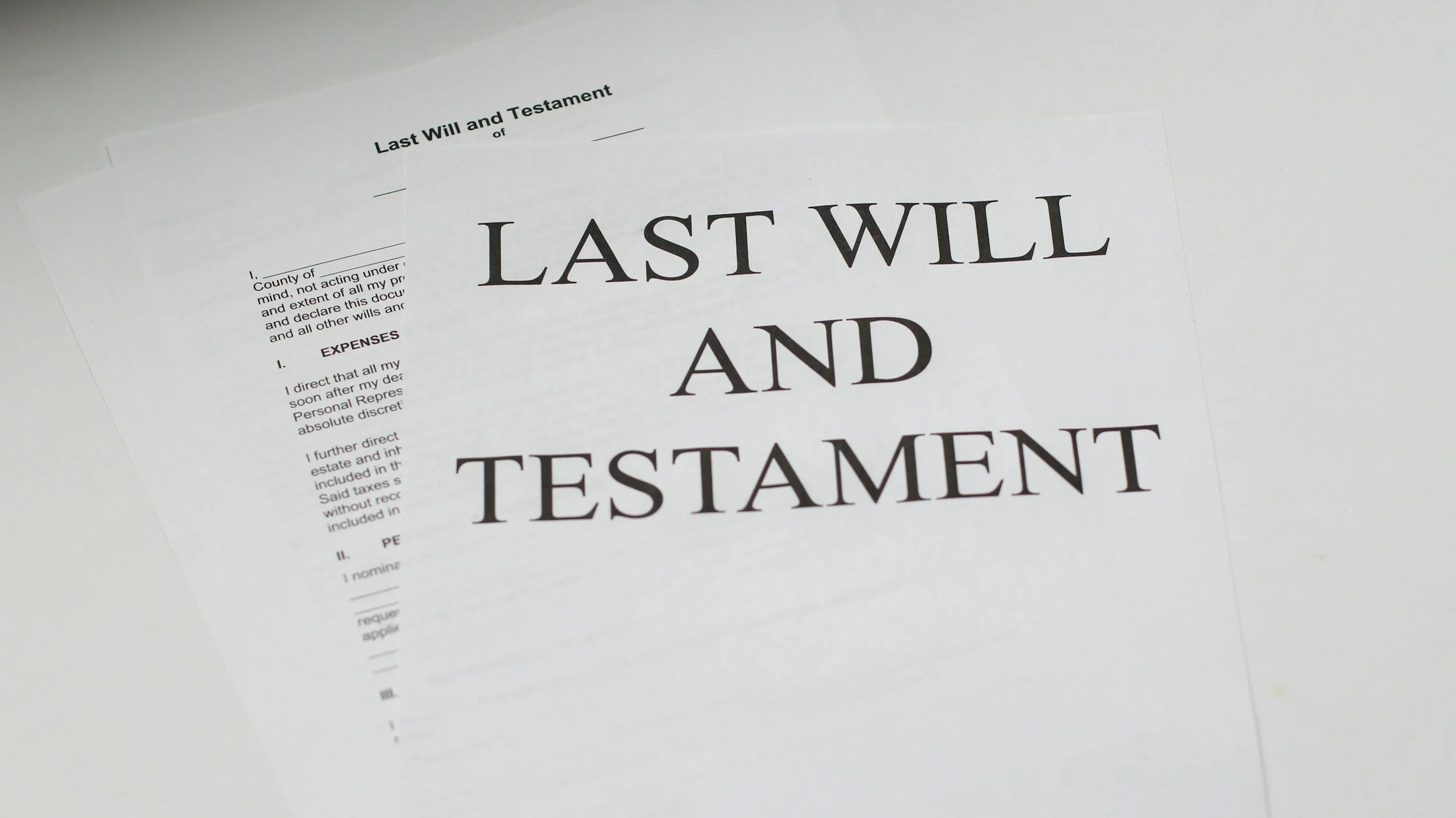
When Paradise Turns to Pain: Jimmy Buffett's Estate Battle

The One Big Beautiful Bill: What It Means for Your Family's Financial Future

Aging Parents?

3 Legal Steps Every Parent Should Take
The $700 Million Mistake: Why an Asset Inventory Is an Essential Part of Your Estate Plan
Imagine accidentally throwing away $700 million. While it sounds like the plot of a movie, this nightmare scenario has become a reality for James Howells, a computer engineer from Wales, who has now spent more than a decade fighting to recover a discarded hard drive containing the private key to his Bitcoin fortune.

Thinking About How to Afford College?
When preparing for college expenses, understanding how financial aid and estate planning intersect can make a significant difference. This article will break down the essentials of how asset ownership influences aid eligibility, offer actionable strategies to increase the chances of receiving aid, and highlight estate planning tools that can protect your wealth while optimizing support for your child’s education.
